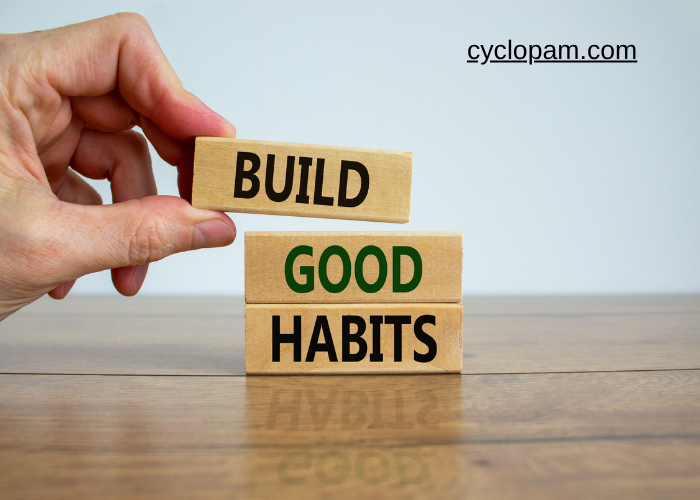In a world buzzing with notifications, deadlines, and digital distractions, taking care of your health can feel overwhelming. But what if we told you that building a healthier lifestyle doesn’t have to be drastic or time-consuming? Whether you’re working from home, managing a family, or juggling multiple responsibilities, small, sustainable changes can lead to major health improvements.
Let’s explore how to weave wellness into your everyday life, with real-life examples, digital tools, and surprisingly helpful tricks (yes, even something like a profile picture maker can play a role in your health journey).
The Surprising Connection Between Confidence and Health
When we think about health, we usually think about food, exercise, and sleep. But what about confidence and mental well-being? Believe it or not, how we present ourselves, even online can affect how we feel. For example, using a profile picture maker to create a photo that reflects your personality and goals can boost your self-image and motivate you to stay accountable. It’s not vanity, it’s psychology. When you feel good about how you show up in the world, you’re more likely to prioritize self-care.
Movement Over Perfection
You don’t need a gym membership or a 5 a.m. bootcamp to be active. What matters more is consistency. According to the World Health Organization, even 30 minutes of moderate physical activity five times a week can significantly reduce the risk of heart disease, diabetes, and depression.
Take Lisa, for example. She’s a mom of two who works full-time. Instead of a structured workout, she takes walking meetings, dances while doing housework, and follows 10-minute YouTube yoga videos. Her energy levels are up, her stress is down and it all started with small, manageable changes.
Actionable Tip: Try “habit stacking.” Pair a new movement goal with an existing habit. Do calf raises while brushing your teeth or stretch while your coffee brews.
Nourish Without the Noise
Nutrition advice online can feel like a whirlwind of contradictions. But most experts agree on one thing: eating more whole, unprocessed foods is a great place to start. You don’t need to track every calorie, just be more mindful.
A 2022 study published in Nutrients found that participants who focused on mindful eating, noticing hunger cues, chewing slowly, and reducing distractions lost more weight and felt better mentally than those who followed restrictive diets.
Actionable Tip: Plan your meals one day in advance. It reduces decision fatigue and helps you avoid impulsive (and often unhealthy) food choices.
Screen Smarter, Not Longer
Technology can drain your energy or empower you. It all depends on how you use it. Instead of doom-scrolling late at night, use apps like Headspace for guided meditation or Insight Timer for sleep music. Set your phone to grayscale after 9 p.m. to discourage late-night browsing.
Actionable Tip: Schedule a 24-hour “digital detox” once a month. Use that time to go outside, meet friends, or just rest. Studies have shown this can reset your nervous system and improve sleep quality.
Real Wellness is Personalized
Forget one-size-fits-all routines. Real wellness is about what works for you. Some thrive on morning workouts, others find peace in evening walks. Some need meal prep Sundays, others prefer intuitive cooking.
Try journaling to track how certain habits make you feel. Over time, patterns will emerge. The more you understand yourself, the easier it becomes to build habits that stick.
Final Thoughts
Building a healthier life doesn’t have to be hard, it just has to be intentional. Start with what feels doable. Use digital tools wisely, stay consistent with movement, eat with awareness, and protect your mental space. Even the smallest changes can create a ripple effect toward a healthier, happier you.
And remember, health is not about chasing perfection, it’s about showing up for yourself, one day at a time.
